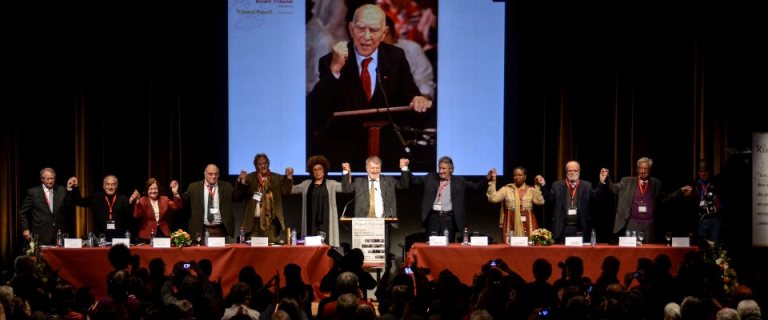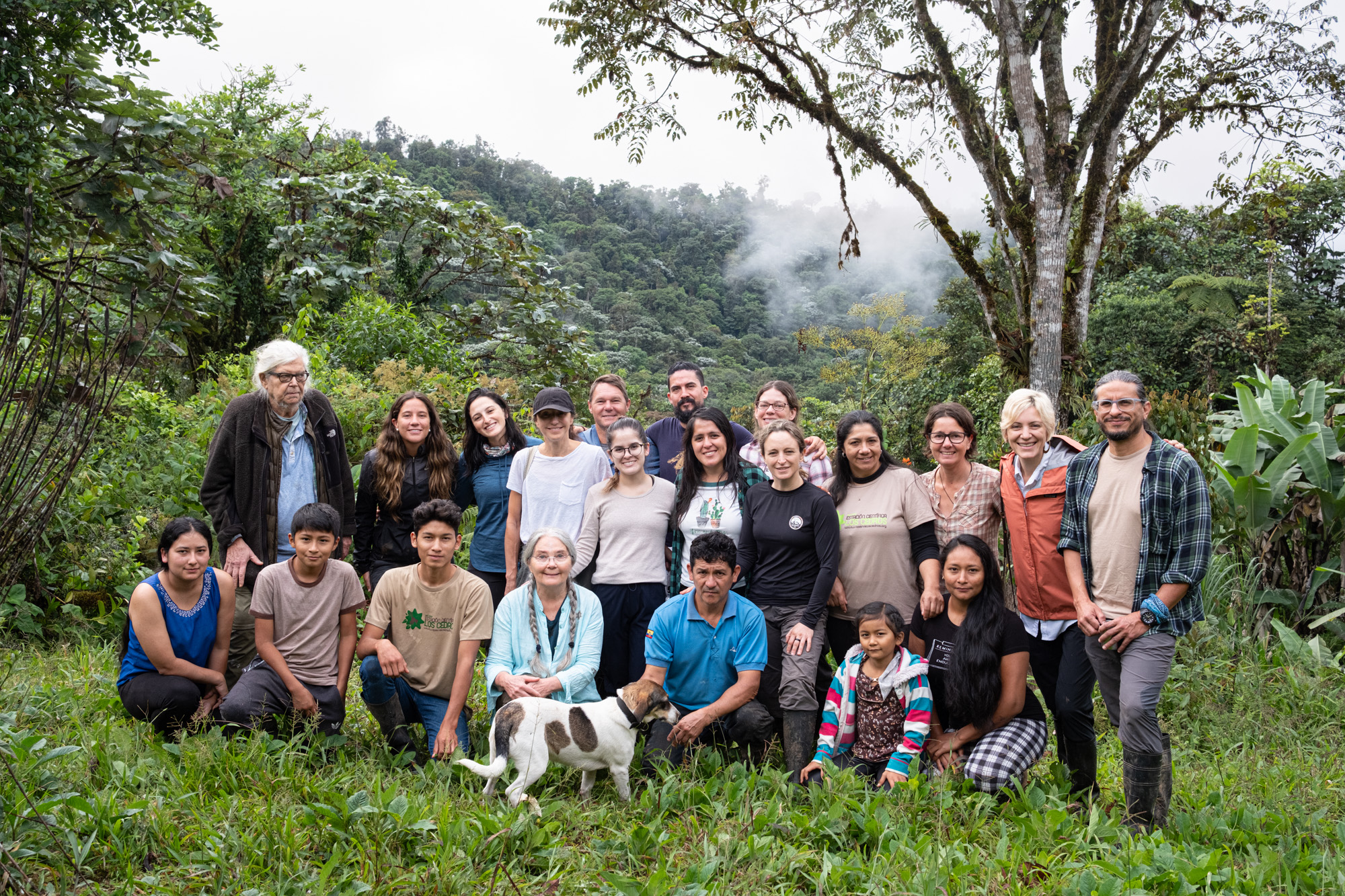
Canada Found Guilty for Role in Mining Injustice in Latin America
By act and by omission, the Canadian state has been found guilty for its role in human rights violations in Latin America as a result of its efforts to promote, sponsor and protect Canadian mining investments abroad. Five Canadian mining companies were also found guilty of related crimes. For more on the ruling visit: Canada Found Guilty for Role in Mining Injustices in Latin America More about the Permanent Peoples’ Tribunal The Permanent Peoples’ Tribunal (PPT) is a body which, by statute, is part of the International Section of Lelio Basso Foundation. Set up in June 1979, it is the direct continuation of the opinion tribunals Russell I and II. The PPT is an opinion tribunal whose activities include identifying and publicising cases of systematic violation of fundamental rights, especially cases in which national and international legislation fails to defend the right of the people (Gianni Tognoni’s article). An opinion tribunal is an innovation in the field of law and politics, the legitimacy of which Lelio Basso discussed at length reaching the conclusion that: “The needs of public conscience can become a recognized source of law […] and a tribunal that emanates directly from the popular consciousness reflects an idea that will make headway: institutionalized powers and the people, from whom the former claim legitimacy in actual fact tend to diverge and only a truly popular initiative can try to bridge the gap between people and power”. List of most recent rulings:| NUM. | SESSION |
| 39 | Free trade, violence, impunity and peoples’ right in Mexico (2011-2014) |
| 38 | Sri Lanka and Tamil people II (Bremen, 7-6 December 2013) |
| 37 | Agrochemical transnational corporation (Bangalore, 3-6 December 2011) |
| 36 | Sri Lanka and the Tamil people I (14-16 January 2010) |
| 35 | Philippines II (The Hague, 21-25 March 2007) |
| 34 | The European Union and transnational companies in Latin America: policies, instruments and actors complicit in the violations of peoples’ rights (Madrid, 14-17 May 2010)33 More cases are listed at http://www.internazionaleleliobasso.it/?page_id=207&lang=en |
- Individuals who believe that their rights have been violated must first lodge a complaint with the Commission and have that body rule on the admissibility of the claim.
- If the case is ruled admissible and the state deemed at fault, the Commission will generally serve the state with a list of recommendations to make amends for the violation.
- Only if the state fails to abide by these recommendations, or if the Commission decides that the case is of particular importance or legal interest, will the case be referred to the Court.
- The presentation of a case before the Court can therefore be considered a measure of last resort, taken only after the Commission has failed to resolve the matter in a non-contentious fashion.




